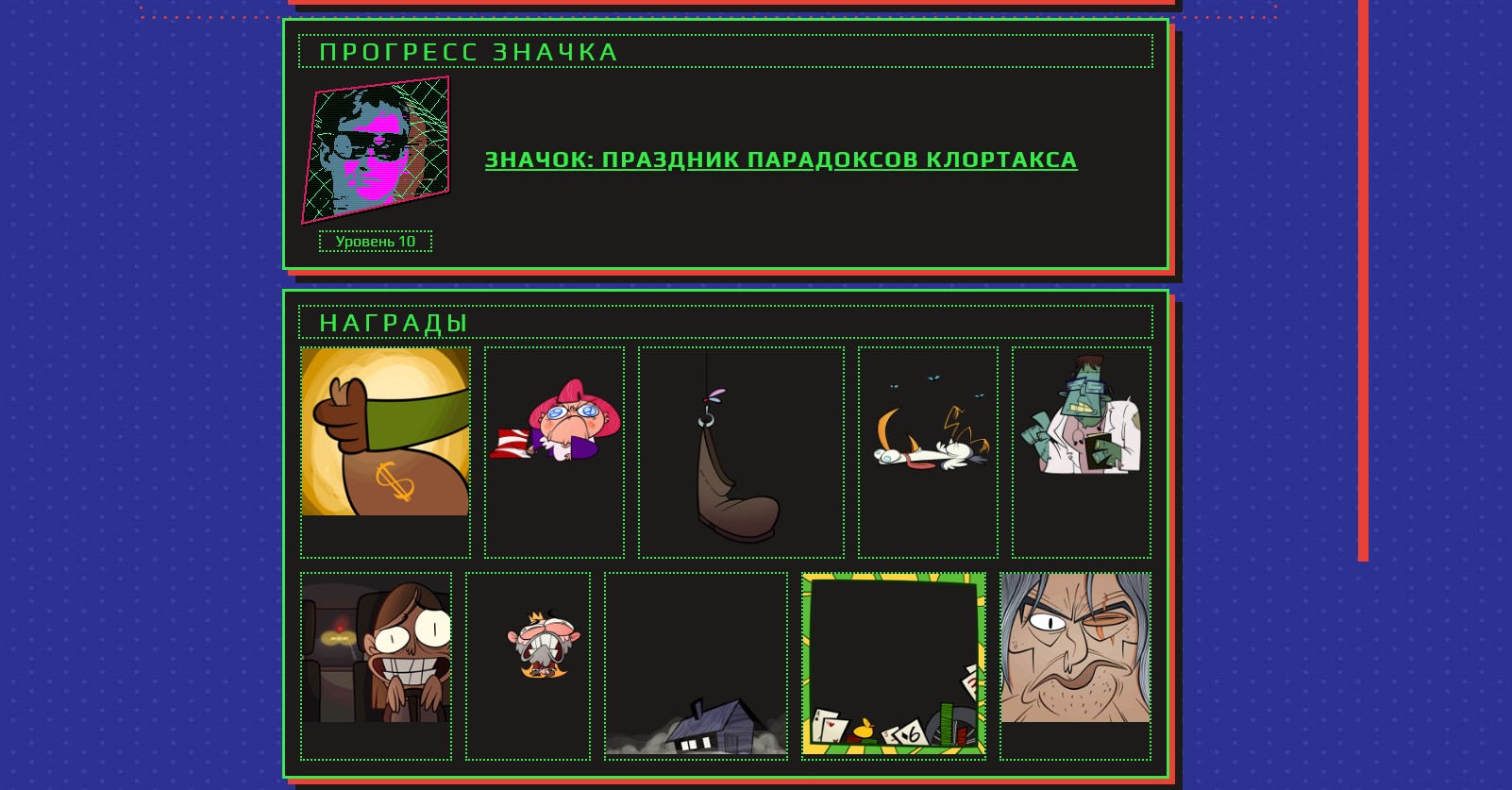In the annals of Premier League football, some matches are etched into memory for their sheer brilliance, others for their dramatic twists. Then there are those rare encounters that promise an intoxicating cocktail of both, only to deliver a peculiar blend of initial pandemonium followed by an unexpected, almost bewildering, calm. The recent clash between Manchester United and Chelsea was precisely one such fixture, a game that began with the frenetic energy of a runaway train and concluded with the methodical, yet oddly sterile, pace of a chess match played without kings.
The Unforeseen Opening Act: A Cascade of Drama
Anticipation for this particular encounter was high, not necessarily for a tactical masterclass, but for the potential for drama, given the often turbulent seasons both Manchester United and Chelsea have endured. What transpired in the opening moments, however, surpassed even the most outlandish predictions. Barely five minutes into the game, Chelsea`s goalkeeper, Robert Sanchez, found himself on the wrong side of a decision, receiving a red card for a challenge outside his area. A man down, an early deficit in personnel – the stage was set for an open, perhaps even reckless, response from the Blues.
Manchester United, seizing the numerical advantage, capitalised with a ruthless efficiency that belied their recent inconsistencies. Goals from Bruno Fernandes and Casemiro before the 37-minute mark put them comfortably ahead, seemingly sealing Chelsea`s fate. Adding to Chelsea`s woes, Cole Palmer, a vital attacking outlet, was forced off due to injury, compounding their early misery. The first half was a whirlwind of events, a genuine spectacle of goals, injuries, and disciplinary action.
Yet, just as the narrative seemed to solidify, the script was torn up once more. Casemiro, United`s midfield enforcer, collected his second yellow card shortly before the interval, levelling the playing field in terms of manpower. Suddenly, a game that had been 11 versus 10 was now 10 versus 10, with an entire half still to play. The initial chaos had seemingly created the perfect crucible for a thrilling, end-to-end second half – space on the pitch, parity in numbers, and a deficit for Chelsea to chase. What could possibly go wrong?
The Second Act: Tactical Shackles and the Silence of the Crowd
What followed was an object lesson in how tactical prudence, or perhaps over-caution, can swiftly extinguish the embers of excitement. Managers Ruben Amorim (for United) and Enzo Maresca (for Chelsea) seemingly viewed the numerical parity not as an invitation for bold, attacking football, but as a cue for a more reserved, risk-averse approach. Maresca, perhaps still reeling from the early red card and injury, had already made aggressive defensive substitutions, sacrificing attacking width for central solidity.
The second half unfolded like a meticulously planned, yet ultimately tedious, laboratory experiment. Chelsea, despite their reduced numbers, dominated possession, a staggering 71.2% in the second period. However, this control translated into precious little meaningful attacking output. They mustered a mere three shots in the entire second half, a testament to the suffocating tactical approach that prioritised ball retention over penetrative play. Manchester United, on the other hand, equally failed to leverage the expansive space, managing only two shots themselves. The promise of a wide-open, dynamic contest between two ten-man teams vanished, replaced by a cautious stalemate.
“It was as if both teams, having experienced such dizzying highs and lows in the first 45 minutes, collectively decided that a measured, almost sedate, pace was the only sane response. The spectacle became a study in strategic paralysis.”
The Aftermath: Unanswered Questions and Lingering Doubts
The final whistle brought an unexpected 2-1 victory for Manchester United, a result that, in isolation, might suggest a hard-fought triumph. Yet, the manner of the victory and the sterile second half left many questions hanging in the air. For Ruben Amorim, while the win undoubtedly bought him a temporary reprieve, the second-half performance did little to dispel concerns about his side`s overall suitability for challenging at the top. His team, despite the initial numerical advantage and the eventual parity, looked disjointed and uninspired for significant periods.
For Enzo Maresca, the situation is arguably more dire. His aggressive early substitutions, while understandable under extreme pressure, arguably contributed to Chelsea`s inability to mount a coherent attack even when the numbers were evened out. Chelsea`s offensive struggles this season, highlighted by their low expected goals tally in multiple fixtures, seem to be a recurring theme, and this match only reinforced the impression of an underwhelming team still searching for its identity. The irony of a match featuring two early red cards descending into such a tactical void is not lost on those who tune in for the sheer unpredictability of Premier League football.
Ultimately, this was a game that will be remembered not for its thrilling climax, but for its bizarre trajectory. It serves as a curious footnote in the season, a reminder that even the most chaotic beginnings can be followed by an anticlimactic middle, leaving fans to ponder what might have been, had the courage to truly attack prevailed over the cautious embrace of the tactical draw. In a league famed for its relentless excitement, sometimes even a double red card can`t guarantee a spectacle.
This article provides an analysis of a hypothetical football match based on provided context. All names and events mentioned are for narrative purposes only.

